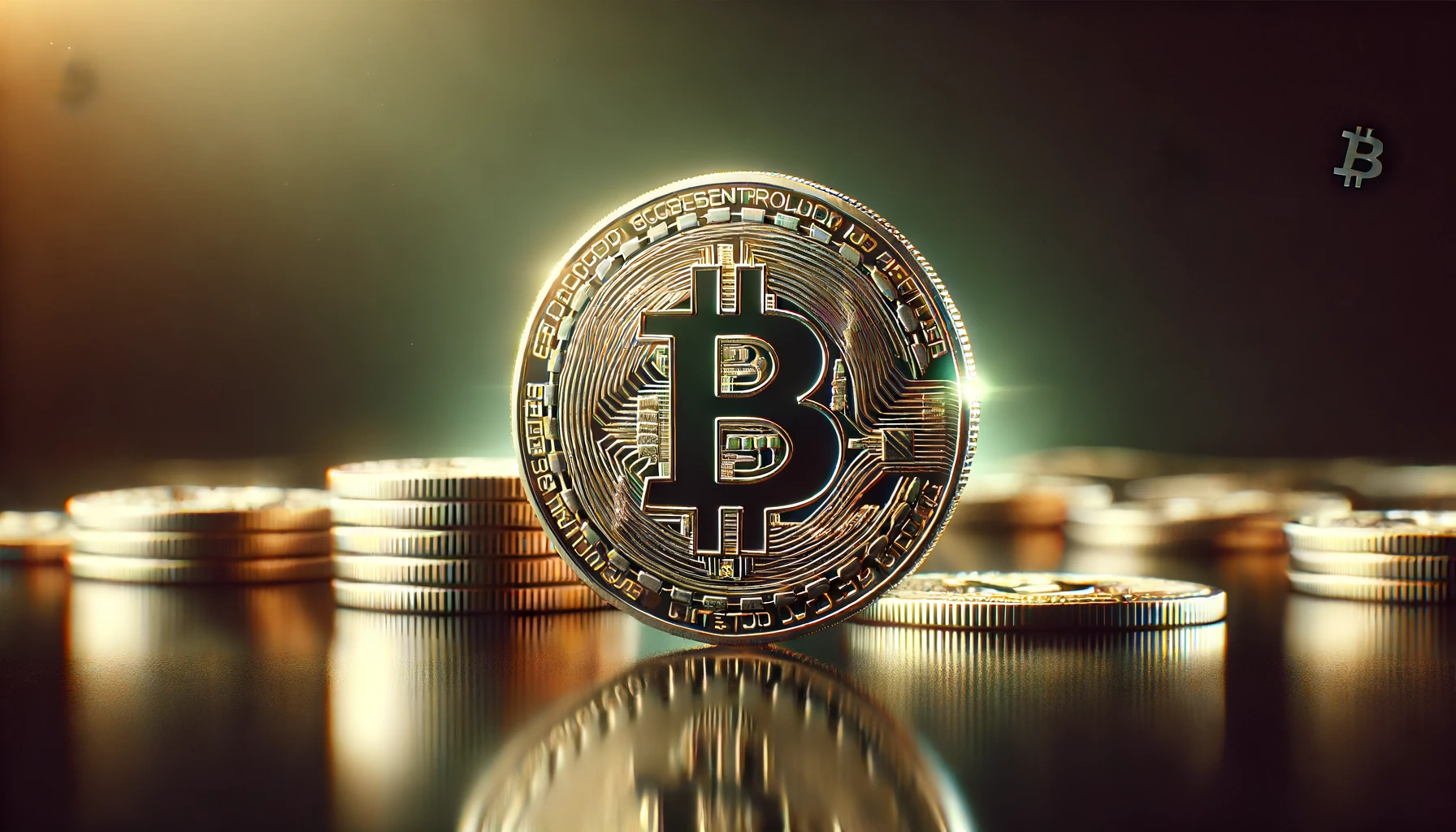A court ruling has declared XRP not a security, providing regulatory clarity and boosting market confidence. This decision has significant implications for Ripple and the broader cryptocurrency industry.
Points
- Court rules XRP is not a security, providing regulatory clarity.
- Ripple’s legal victory sets a precedent for other digital assets.
- XRP’s market value surged following the ruling.
- The decision curtails SEC’s overreach and impacts future regulatory cases.
In December 2020, the SEC initiated legal proceedings against Ripple, accusing the company of conducting an unregistered securities offering with its sale of XRP. Ripple countered by asserting that XRP should be considered a currency rather than a security. After extensive legal wrangling, the court ruled in favor of Ripple on July 13, 2023, affirming that XRP is not a security.
This decision brought much-needed clarity to the cryptocurrency industry, which often grapples with ambiguous regulatory environments. By establishing that XRP is not a security, the court set a precedent that could shape how other digital assets are regulated. Following the ruling, XRP experienced a notable boost in market value, with its price surging by approximately 6%.
Stuart Alderoty, Ripple’s Chief Legal Officer, highlighted the significance of Judge Torres’ ruling. He pointed out that this decision not only curtailed the SEC’s overreach under Chairman Gensler but also emphasized the inefficiency of determining each token’s status through prolonged legal battles. This ruling has broader implications for other cases, such as the recent lawsuit involving Binance.
Explanation
- The court ruling that XRP is not a security provides regulatory clarity and boosts market confidence.
- Ripple’s legal victory sets a significant precedent for the cryptocurrency industry.
- XRP’s market value surged following the favorable ruling.
- The decision impacts future regulatory cases and curtails SEC’s overreach.
